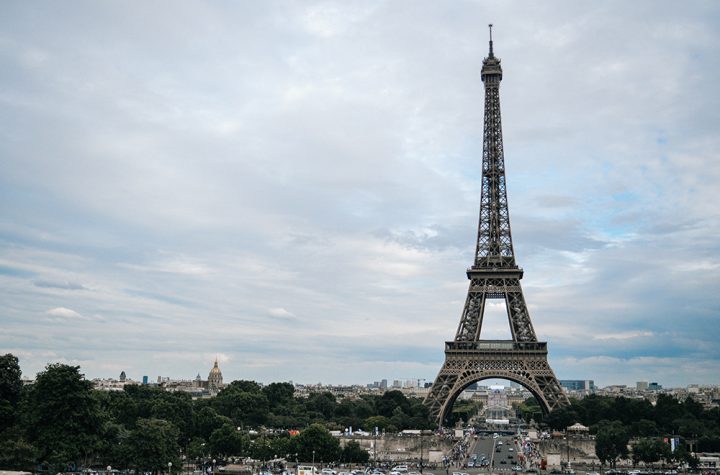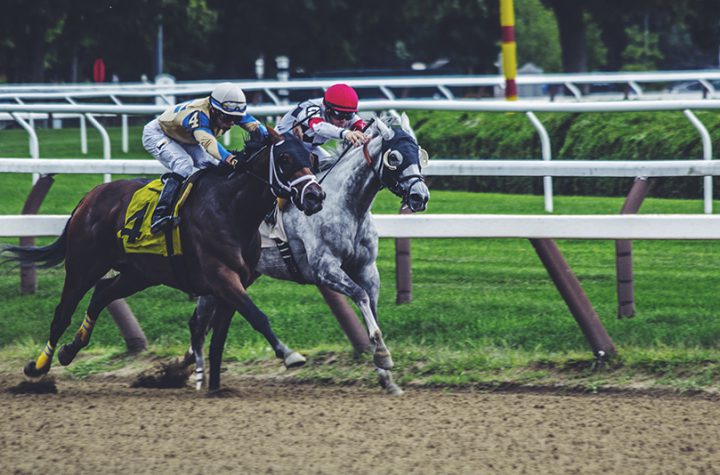
At about 2.30pm on 22 June 1922, my mother, Patricia Arbuthnot, then eight years old with long dark hair, was walking with her nanny in Eaton Place in London. This was just off Eaton Square, close to where her parents, Jack and Olive Arbuthnot, were living in a mansion at 42 Grosvenor Place. She later recalled: I saw an old gentleman in a black coat standing on the steps of one of the great pillared doorways of the houses there, when another man standing below him on the pavement pulled out a gun and shot him. The old gentleman half-turned around and then slowly collapsed. I wasnt at all frightened, just supremely interested, and stood there watching while the man with the gun and a companion quietly walked away.
Patricia had just witnessed the assassination by the IRA of field marshal Sir Henry Wilson, until recently chief of the imperial general staff and effective commander of the entire British army. Other accounts relate that he had just got out of a taxi, was walking up the steps of his house at 36 Eaton Place and had his door key in his hand when he was repeatedly shot by a gunman at point-blank range. Born in Ireland, Wilson had been a highly political officer throughout his career, playing a central role in the Curragh Mutiny in 1914, when cavalry officers said they would refuse orders to force Ulster to accept the home rule along with the rest of Ireland. Just prior to his assassination, he had resigned from the army, become a Unionist MP for North Down, and was military adviser to the new Northern Ireland Unionist government at a moment when Protestant mobs were carrying out anti-Catholic pogroms in Belfast that left many dead.
Michael Collins, as the intelligence chief of the IRA, had ordered the killing of Wilson, which was carried out by two IRA leaders in London, Reginald Dunne and Joseph OSullivan, both veterans of the Great War. They were captured minutes after the shooting. By then, my mother and her nanny had returned to her home in Grosvenor Place, where Patricia told everybody about the exciting event that she had just seen. Nobody believed a word she said and accused her of making things up. I was told, Patricia, you must not tell such lies, she later recalled, while her father blamed her obviously imaginary claim about seeing a murder on her too long residence in Ireland at the height of the Irish War of Independence.
Download the new Independent Premium app
Sharing the full story, not just the headlines
Download now





More Stories
Justice Rajiv Shakdher also asked the media houses AGR Outlier Media Pvt Ltd. and Bennett Coleman and Company Ltd. to ensure that no defamatory content is uploaded on social media platforms or displayed on their channels.
Two people have become the first passengers on a Hyperloop, a technology considered to be the future of high-speed ground transport.